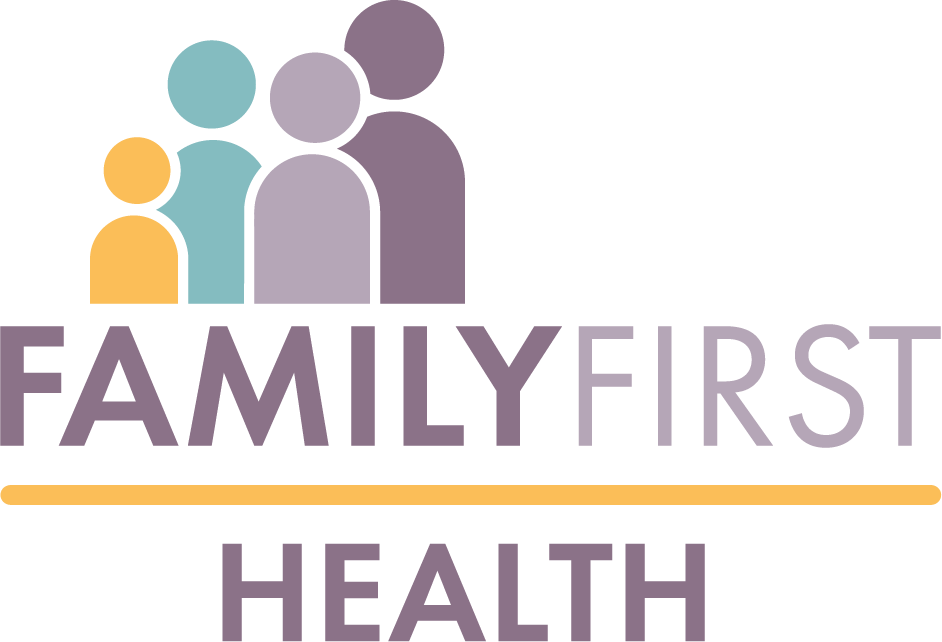October is Depression Awareness Month and the staff at Family First Health are screening for and treating depression every day. Signs of depression are often characterized by a sad mood, loss of interest in activities, low motivation, and feelings of worthlessness or helplessness. Behavior changes associated with of depression often include problems sleeping, having a poor appetite or over-eating, irritability and an increase in substance use.
There are 5 common warning signs: change in personality, uncharacteristic anger, anxiety or moodiness, social withdrawal, lack of caring for oneself or risky behaviors and a sense of being overwhelmed or hopelessness. Depression is often defined by being a cycle that can be difficult to disrupt and in its most serious form, can lead to thoughts of suicide. The symptoms of depression can also be experienced by people who are dealing with significant life stressors such as the loss of a loved one, loss of job, divorce or other family difficulties. In these cases, such reactions are a normal response to life’s challenging situations and are not a diagnosis of depression.

Depression is different because the symptoms tend to last for longer and are more severe in nature. According to the Depression and Bipolar Support Alliance depression occurs in 20-26% of women and 8-12% of men nationwide. It is one of the most common mental health issues and is responsible for the highest percentage of disability among mental health and behavioral disorders. Depression is also one of the more common mental health concerns presenting in primary care; 60% of patients in primary care are treated for depression and 79% of anti-depressants are prescribed in the primary care setting.
The good news is that depression can be treated. At Family First Health, we have Integrated Behavioral Health, providing on-site behavioral health consultants to assist patients in dealing with the symptoms of depression by improving or developing coping skills. One of the most effective ways to stop the cycle of depression is to encourage people to re-engage in pleasant activities. Often people forget the things they used to enjoy doing and need extra support and encouragement in getting back involved in their life.
Pleasant activities can include simple things like taking a walk, shopping with a friend, cooking a good meal or working on a puzzle. Exercise or physical activity is essential to both good mental health and physical health and is an effective way to combat depression. It is also important to make sure you have a good support system to help encourage positive activities and reinforce feelings of worthiness. Today we even have apps on our phones that can help with tracking symptoms, meditation, relaxing sounds for sleep and games to distract us from inactivity.
Depression Awareness Month provides an opportunity to be aware of our own mental health and the mental health of our loved ones. If you notice a change in any of the above described behaviors, it might be time to consider discussing this with your primary care provider or a mental health professional.
_________________________________________________________________________
Kathleen McCadam, LCSW
Family First Health – Director of Behavioral Health Integration
